Shakespeare’s Henry V
Explore Shakespeare’s insights into the exercise of power.
June 20–24, 2022
Washington, DC
All Western philosophy is said to be a “series of footnotes to Plato.” For the inaugural week of the Political Studies Program, fellows will have the choice between two seminars devoted to close reading of the Republic or the Gorgias.
In discussing each Platonic dialogue, fellows will reflect on the ethical dilemmas implied by the pursuit of power, in politics and other realms, and on how we should conduct ourselves in a world in which the demands of justice and the demands of political necessity often seem to conflict.
Image Credit: Acropolis of Athens by Leo von Klenze, 1846, Wikipedia Commons
Ben Storey on Why We Are Restless, Moderated by Ryan Hanley
This course is part of our residential Political Studies Program. Fellows participate in morning seminars, and meet prominent men and women in public life over afternoon and evening sessions. Up to 36 fellows will be selected.

Ryan Patrick Hanley is Professor of Political Science at Boston College. His research in the history of political philosophy focuses on the Enlightenment. He is the author of Our Great Purpose: Adam Smith on Living a Better Life and Love’s Enlightenment: Rethinking Charity in Modernity.

Ryan Patrick Hanley is Professor of Political Science at Boston College. Previously, he was the Mellon Distinguished Professor of Political Science at Marquette University. His research in the history of political philosophy focuses on the Enlightenment.
He is the author of Our Great Purpose: Adam Smith on Living a Better Life (Princeton University Press, 2019), Love’s Enlightenment: Rethinking Charity in Modernity (Cambridge University Press, 2016), and Adam Smith and the Character of Virtue (Cambridge University Press, 2009). His edited volumes include Adam Smith: His Life, Thought, and Legacy (Princeton University Press, 2016), the Penguin Classics edition of Adam Smith’s Theory of Moral Sentiments (Penguin, 2010), and with Darrin M. McMahon, The Enlightenment: Critical Concepts in History, 5 vols. (Routledge, 2010).
His articles have appeared or are forthcoming in American Political Science Review, American Journal of Political Science, Journal of Politics, European Journal of Political Theory, Review of Politics, Social Philosophy & Policy, History of Political Thought, Journal of the History of Philosophy, Revue internationale de philosophie, and Archiv für Geschichte der Philosophie.
Professor Hanley received his B.A. from the University of Pennsylvania, his M.Phil. from Cambridge University, and his Ph.D. from the Committee on Social Thought at the University of Chicago. Prior to Marquette, he was a Mellon Postdoctoral Fellow at Yale University’s Whitney Humanities Center.
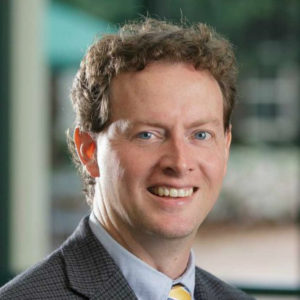
Benjamin Storey is Associate Professor of Politics and International Affairs at Furman University. His interests focus on the history of political philosophy. He is currently completing a book entitled The Restless Age: Four French Thinkers on the Quest for Self-Understanding in an Unsettled Modernity.

Benjamin Storey is Associate Professor of Politics and International Affairs at Furman University. At Furman, he is Co-Founder and Co-Director of the Tocqueville Program, which aims to revivify traditional liberal education in a modern context.
His publications have appeared in First Things, The New Atlantis, The Weekly Standard, The Claremont Review of Books, Doublethink Quarterly, The Journal of Politics, The Review of Politics, Perspectives on Political Science, and Society. He recently co-authored a book with Jenna Silber Storey entitled Why We Are Restless: On the Modern Quest for Contentment.
In 2016-2017, he was a Visiting Fellow at the James Madison Program in American Ideals and Institutions at Princeton University. He is the winner of Furman’s 2016 Meritorious Teaching Award, and of the 2011 “American Scholar” Award given by Furman’s chapter of Phi Beta Kappa.
He received his MA and PhD from the Committee on Social Thought at the University of Chicago, and his BA in History from the University of North Carolina at Chapel Hill.
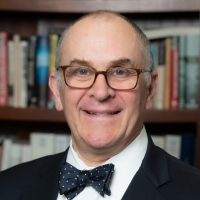
Eliot Cohen
Eliot Cohen is the Robert E. Osgood Professor at the Johns Hopkins University’s School of Advanced International Studies (SAIS) where he has taught since 1990. He served as Dean of SAIS from 2019 to 2021. In addition to public service in the Department of Defense he served as Counselor of the Department of State from 2007 to 2009.
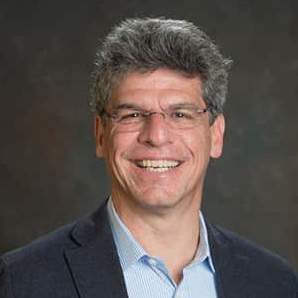
Jacob Howland
Jacob Howland is a Senior Fellow at the Tikvah Fund. His research focuses on ancient Greek philosophy, history, epic, and tragedy; the Hebrew Bible and the Talmud; Kierkegaard; and literary and philosophical responses to the Holocaust and Soviet totalitarianism. His most recent book is Glaucon’s Fate: History, Myth, and Character in Plato’s Republic.
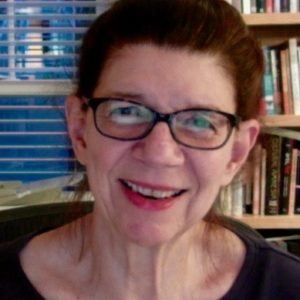
Martha Bayles
Martha Bayles is an Associate Professor of Humanities at Boston College, where she teaches a year-long course titled, “From Homer to Dante” and various senior seminars. Her research centers around popular culture and cultural history. She has previously served as a lecturer at Harvard University and Claremont McKenna College.
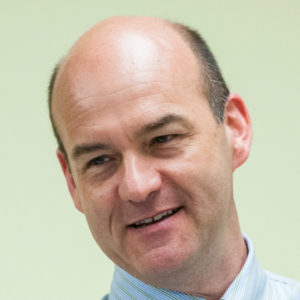
Robert C. Bartlett
Robert C. Bartlett is the Behrakis Professor of Hellenic Political Studies at Boston College. His principal area of research is classical political philosophy, with particular attention to the thinkers of ancient Hellas, including Thucydides, Plato, and Aristotle. He is the co-translator of a new edition of Aristotle’s Nicomachean Ethics.
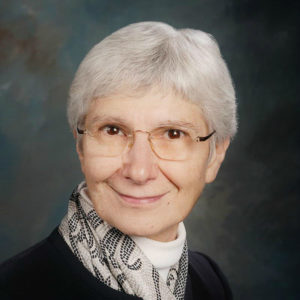
Amy A. Kass
Amy Apfel Kass (1940 – 2015) was a senior fellow at the Hudson Institute, Senior Lecturer Emerita in the humanities at the University of Chicago, and coeditor of What So Proudly We Hail: The American Soul in Story, Speech, and Song. She was an award-winning teacher of classic texts.
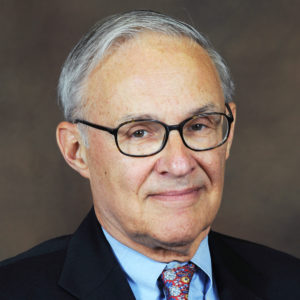
Leon R. Kass
Leon R. Kass, M.D., is the Addie Clark Harding Professor Emeritus in the Committee on Social Thought and the College at the University of Chicago and the Madden-Jewett Chair at AEI. He was the chairman of the President’s Council on Bioethics from 2001 to 2005. He has been engaged for more than 40 years with ethical and philosophical issues raised by biomedical advances and, more recently, with broader moral and cultural issues.